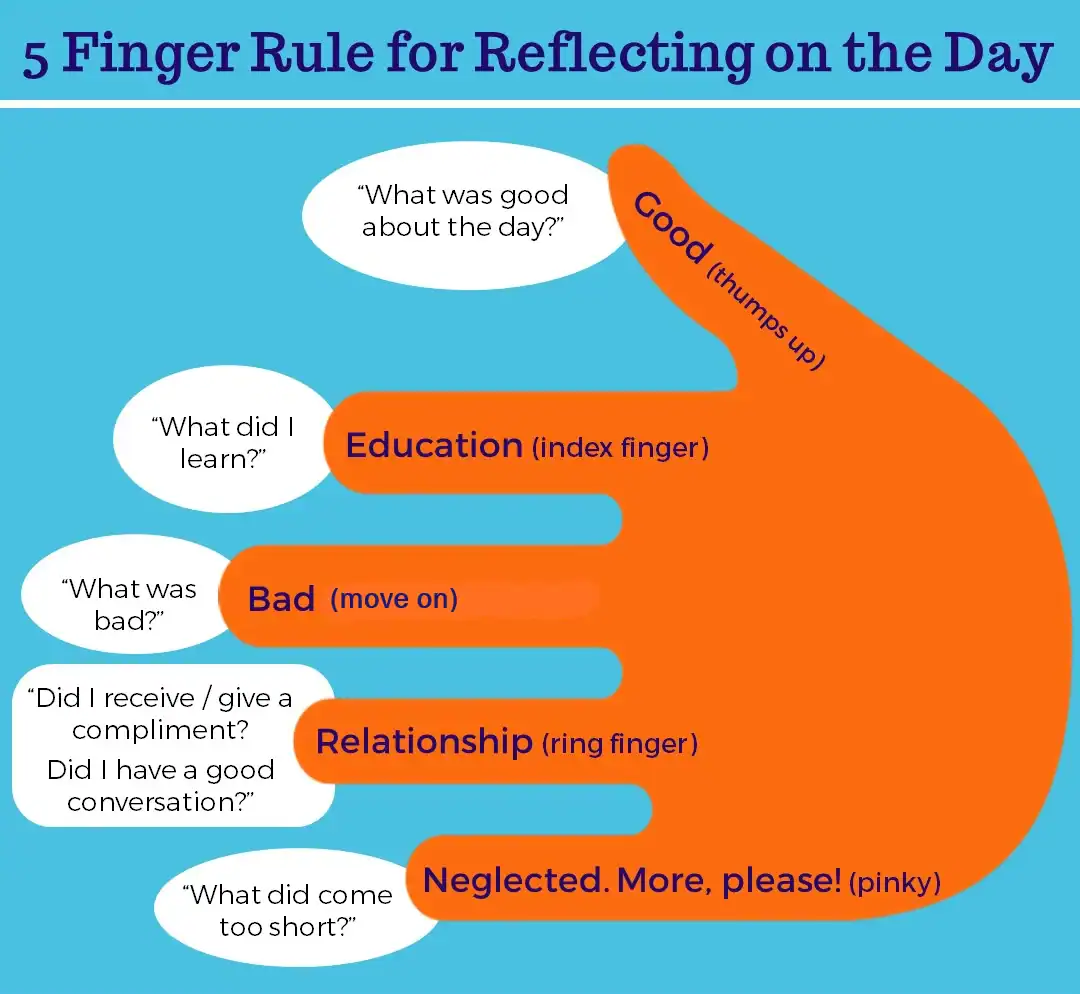By Jennifer Bailey, LCSW & RDT
Being able to identify, manage, and express our emotions in healthy ways enables us to navigate life’s highs and lows with confidence; this is known as emotional intelligence. According to Mental Health America, emotional intelligence is “the ability to manage both your own emotions and understand the emotions of people around you.”
Part of building emotional intelligence means being able to know what emotion you are experiencing and how it presents in your physical body, and given that this concept is new territory, this article’s focus is only on understanding our own emotions.
Benefits of Emotional Intelligence
Dr. Debbie L. Stowen, a Veterinarian and Social Worker, wrote an article on the benefits of emotional intelligence. Stowen reports that emotional intelligence allows you to manage stress more efficiently, get along better with others, and reach your highest potential. In order to build our emotional intelligence, we need to practice.
Daily Reflection: Emotional Intelligence Practice.
A daily reflection is a simple and helpful way to check in with yourself to build your emotional intelligence. These moments of pause can help you feel more grounded and in control of yourself. Each day, ask yourself these three questions:
- What am I feeling?
Example: I am feeling anxious about my job interview.
- Where is it showing up in my body?
Example: I feel butterflies in my stomach, and my heart is racing.
- What do I need right now?
Example: I need to take deep breaths and remember I have prepared for the interview.
The goal is to make this a habit; you can write your answers down in a journal or set a reminder on your phone to think about your responses. You could also link this to a habit you already have, like when you brush your teeth, you think about your answers to these questions.
How do these Questions Help
In using these questions, you allow yourself to slow down to think and respond, instead of automatically reacting. That means we can advocate effectively for ourselves and reduce emotional outbursts, which can positively impact our relationships, how we parent, and our work life.





